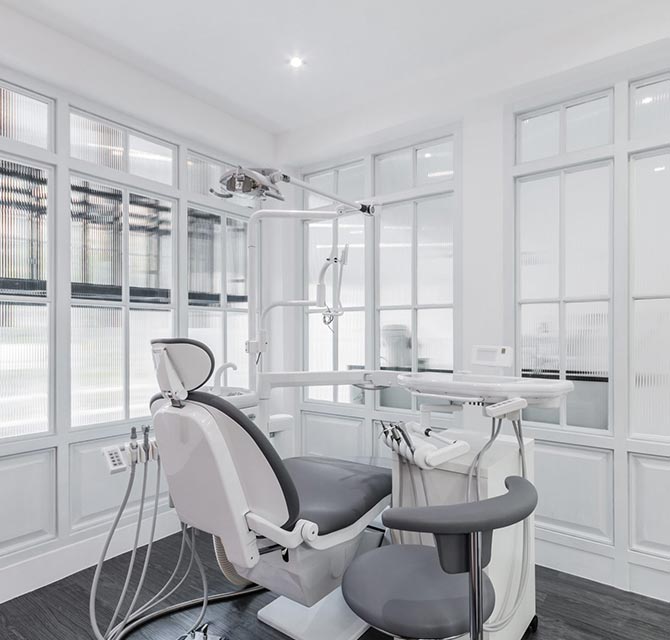Tooth whitening NHS dental clinic Ealing 2023: Relaxation throughout your patient journey: At North Ealing Dental Care we aim to give you a stress-free patient journey. We understand the importance of obtaining appointments at times to suit you, and can offer early morning, late evening and even Saturday appointments too. Our dental consultations are a two-way process. During your initial consultation our dentist will listen carefully in order to ascertain your expectations and desires. This discussion will then be followed by a comprehensive examination of your mouth, teeth and gums to assess your general oral health. Discover more info on https://www.northealingdentalcare.co.uk/dental-emergencies-north-ealing.html.
Avoid sugary foods. When bacteria in the mouth break down simple sugars, they produce acids that can erode tooth enamel, opening the door to decay. Sugary drinks, including soft drinks and fruit drinks, pose a special threat because people tend to sip them, raising acid levels over a long period of time. Sticky candies are another culprit, because they linger on teeth surfaces.
Your child should see a dentist by his first birthday. Early preventive care saves you money in the long run. A CDC report shows that dental care costs are nearly 40% lower over a 5-year period for children who see a dentist by age 5. Your dentist can suggest when your child should start using mouthwash. You’ll need to wait until he knows how to spit it out. Babies are born with all their teeth – you can’t see them because they are hidden in the gums. Baby teeth start to break through the gums around 6 months but it is important to start good oral care for infants even before the first tooth comes in. From healthy gums come healthy teeth. Wipe your baby’s gums with a soft washcloth after feeding. This helps remove the bacteria that can cause tooth decay.
Do you need to have healthy teeth and gums? Here are some tricks: Eat More Foods That Contain Malic Acid: Fruits like apples, pears and strawberries are malic acid rich and can actually help with whitening teeth. Eating more of these foods will help naturally whiten teeth. Those are just but a few tips that you can hack when it comes to whitening your teeth at home. However, the best way to whiten your teeth naturally, though it may not be the most convenient, is to simply brush your teeth with an appropriate toothpaste after eating or drinking something. As long as you’re consistent, you will see vast improvements. A home tooth-whitening kit contains carbamide peroxide, a bleach that can remove both deep and surface stains and actually changes your natural tooth color. If you have coffee-stained teeth, a tooth-bleaching kit can help. With some kits, you apply a peroxide-based gel (with a small brush) to the surface of your teeth. In other kits, the gel is in a tray that molds to the teeth. The tray must be worn daily (for 30 to 45 minutes) for a week or more.
Better Speech: Missing teeth can make it difficult to pronounce certain letters and sounds. Someone with gaps in their smile may slur or mumble. Dental implants provide a reliable and stable tooth replacement for the tongue and lips, allowing patients to speak more clearly and confidently. Maintaining proper oral health is especially important as you age. You become more vulnerable to dental problems due to aging, medication use, and underlying health conditions. Your teeth may undergo several changes affecting their appearance, strength, and function. In addition, your teeth may be at a higher risk of decay, infection, discolouration, and tooth loss (especially if you have had significant decay or gum disease). Read extra details at northealingdentalcare.co.uk.
Discussing your past and present medical history will also allow the dentist to recognise when the need exists to work in consultation with other health care professionals such as your G.P. or specialist. Any information is treated as strictly confidential by all members of the team. Will I need to have x-rays taken? This will depend on when you last had dental radiographs taken and the dentist’s assessment of your mouth and teeth. The introduction of digital radiographs and photographs not only reduce the patient exposure to radiation that traditional dental film requires, but also enables the dentist to enlarge and view images on an LCD screen, increasing his diagnostic capabilities, not to mention the speed at which these images can be transferred to dental and medical colleagues anywhere in the world via e-mail. Intra-oral cameras work in much the same way, transmitting an image directly to the computer, which allows the dentist to show patients any areas of concern in their mouth. The approach to dentistry today is a conservative one and saving teeth is of primary concern. Detection of decay has been made easier by the use of a small, non-invasive laser.
